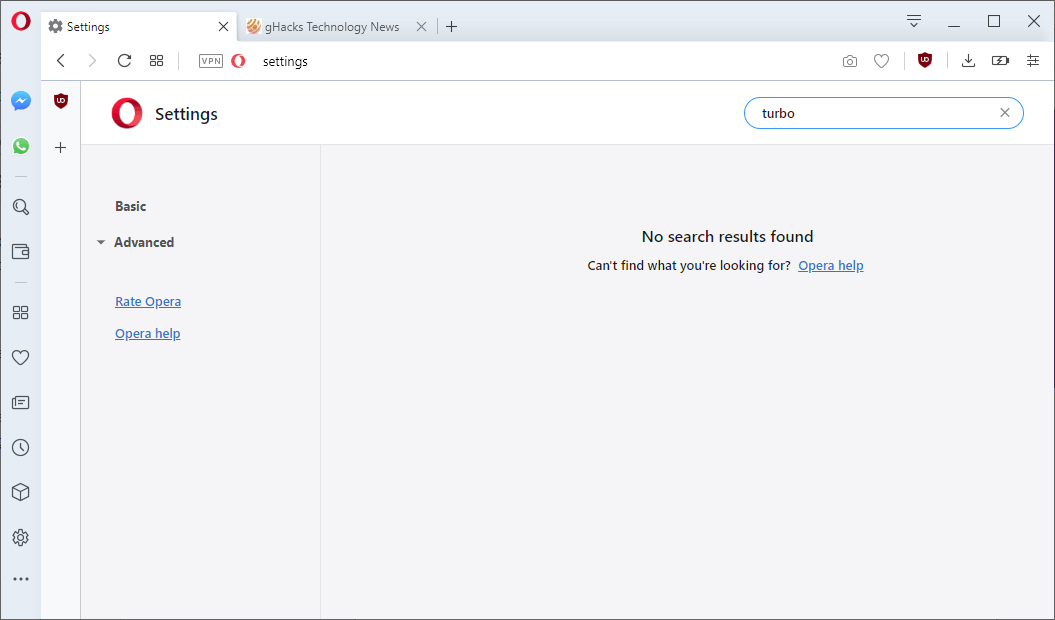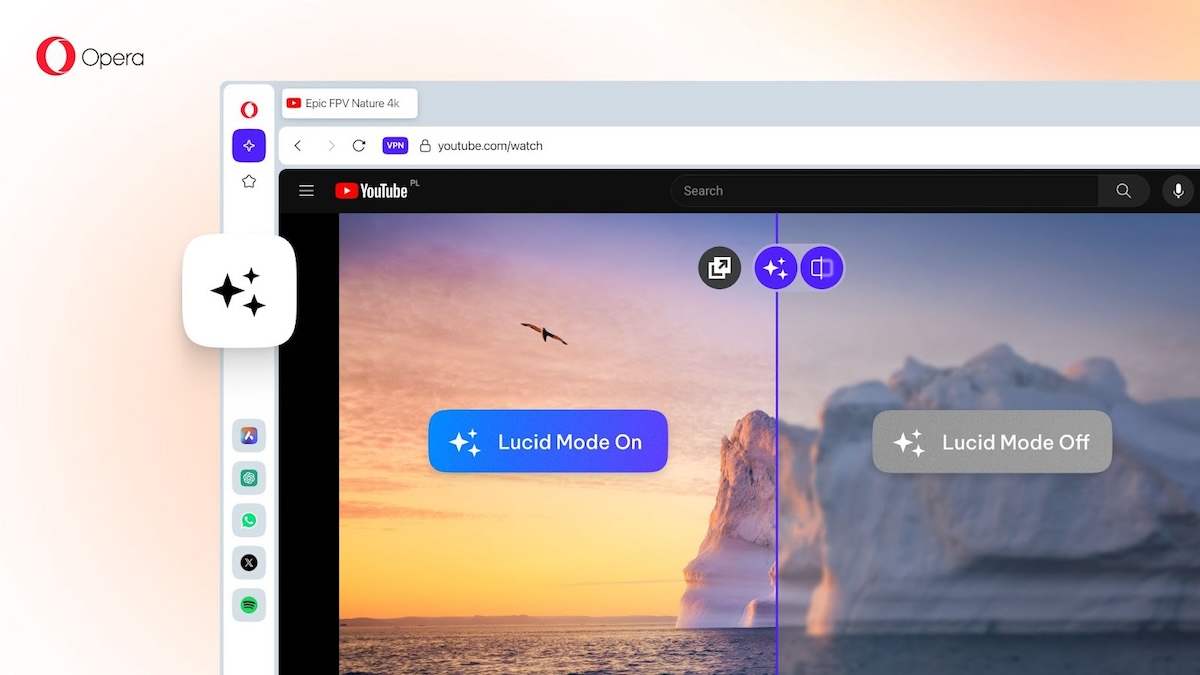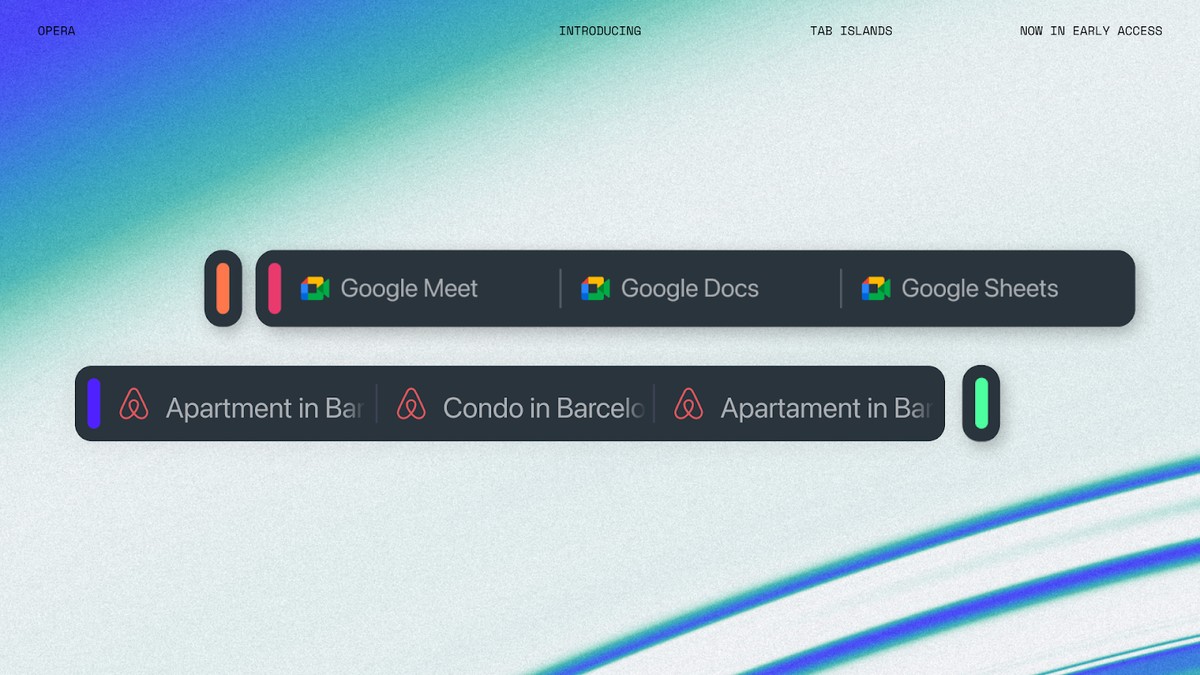Did Opera Software just remove Opera Turbo from its browser?

Opera users who have used the browser's Opera Turbo feature in the past may notice that the feature has been removed in the latest version of the web browser.
Opera Turbo was revealed in 2009 originally by Opera Software and implemented natively in the classic Opera web browser later on. Designed to speed up web browsing, Opera Turbo would compress data by tunneling it through Opera servers in an effort to improve connectivity and the time it takes to render webpages in the browser.
Turbo comes at a cost though for users and Opera Software. Opera redirects traffic through company servers which raises privacy concerns. Opera Software has to maintain Turbo servers.
Google introduced a similar feature called Data Saver for Chrome on Android and desktop versions of Chrome. The company deprecated the Data Saver extension for desktop Chrome in 2019.
Opera users who have upgraded the browser to the latest version may notice that Opera Turbo is not a part of the Opera web browser anymore. A search for Turbo in the Opera Settings returns no options to enable the feature, and manually browsing the options returns no Turbo listing anymore either.

Opera Software removed the Turbo menu listing when it released Opera 46 in 2017 but did not remove Turbo support and kept a Turbo option in the Settings of the web browser.
Techdows reports that the last Opera version to feature Turbo is Opera 58. Opera 60 is the third Opera Reborn release. Opera Reborn is an attempt by Opera Software to modernize the web browser and make it more distinguishable from other Chromium-based browsers.
The changelog contains no information on the removal of Opera Turbo. Some Opera users noticed the removal when Opera 60 was released and posted comments on the official release post on the Opera blog. Opera did not reply to these comments but some suggested that Opera Turbo has been deprecated.
Closing Words
It seems that Opera Turbo is no longer supported by Opera Software. The most likely reason for the deprecation of the feature is the rise of HTTPS on the Internet. Opera Turbo was designed to compress HTTP traffic only and the migration to HTTPS in recent years reduced the effectiveness of the solution significantly.
Now You: Did you use Opera Turbo in the past?



















Years late, I know, but Opera Turbo does still work. Here’s how to re-enable it (steps for Windows ONLY):
1. Download Opera 58.0.3135.132 from Opera’s FTP archive. The download links are:
https://get.geo.opera.com/pub/opera/desktop/58.0.3135.132/win/Opera_58.0.3135.132_Setup_x64.exe or https://get.geo.opera.com/pub/opera/desktop/58.0.3135.132/win/Opera_58.0.3135.132_Setup.exe
2. Disconnect from the internet and open the downloaded setup file
3. Click the ‘Options’ link
4. Click the ‘Install for’ box and then click ;Stand-alone installation (USB)’ from the dropdown menu. (MAKE SURE OPERA IS INSTALLED TO C:\Opera – This will make it easier to follow step 6 and later)
5. Click ‘Install’
6. When the setup closes and Opera launches, close Opera.
7. Navigate to ‘C:\Opera’ (should be easy to do without instructions)
8. Open the ‘58.0.3135.132’ folder
9. (MAKE SURE ‘Hide extensions for known file types’ is OFF BEFORE CONTINUING) – Rename ‘opera_autoupdate.exe’ to ‘opera_autoupdate.exe.disabled’ (without the quotes)
10. Navigate back to the previous folder (C:\Opera), reconnect to the internet and then open ‘launcher.exe’
11. When Opera has finished loading, click the settings button on the sidebar, type in the Search settings box ‘turbo’, click ‘Enable Opera Turbo’ and close the tab that opens
12. Navigate to a HTTP (not HTTPS) site and Opera Turbo should be working.
OPTIONAL: You can also move the ‘Opera’ folder to anywhere you want now
Todays Opera is tomorrow’s Chinese spyware. R.I.P. Opera. A once great browser.
When I have slow internet and need compressed data on my mobile phone I replaced Opera Mini with the Puffin browser.
On desktop I prefer the Brawe browser. It has no turbo mode, but saves data in other ways. Its also much faster compared to Opera.
I installed opera because of turbo mode, especially here on our country, dial up is still exist.
Can’t watch my favourite porn site anymore, Opera Turbo was the only way to it, because Opera VPN stopped working in my country as well
Interesting question, what is gonna happen to yandex browser, it utilize same “Opera Turbo” compression… Maybe in some future article Martin…
What you need to know about “Opera” :
Opera browser sold to a Chinese consortium for $600 million
https://www.engadget.com/2016/07/18/opera-browser-sold-to-a-chinese-consortium-for-600-million/
Opera’s privacy policy is explicitly stating that your data will be collected and shared with third parties. Additionally, Opera was sold to a large Chinese conglomerate and it’s not clear if there are any protections of user data under Chinese law – unlike, for example, with the GDPR in Europe.
https://restoreprivacy.com/secure-browser/
Opera Software is a Norwegian software company[10] publicly listed on the NASDAQ stock exchange,[11] with the majority of ownership and control belonging to Chinese businessman Zhou Yahui, founder of Beijing Kunlun Tech[12] which specialises in mobile games and Chinese cybersecurity company Qihoo 360.
https://en.wikipedia.org/wiki/Opera_(web_browser)
Qihoo 360
https://en.wikipedia.org/wiki/Qihoo_360
Martin, FYI Yandex Browser still use this feature to compress webpage from HTTP protocol.
It is actually still be used by Opera Mini and mobile version of Opera browser.
Actually, as Opera can pre-install CA certificates in their browser, nothing stops them from being MITM while using Opera Turbo.
but they don’t do that
how do you know?
@LogicDaemon
Does Opera actually
“pre-install CA certificates in their browser”?.
(with huge MITM security implications!).
Opera is owned by a PRC group.
Can anybody
pls comment on this security issue?.
I’ll stop using Opera for my online banking
if this is true…
Doing so would probably freak out many users.
They may do it selectively, and it is hard to detect. How can you even tell if they’re doing it right now?
90% of all pages are https that do not work with Opera turbo, so this feature loses its meaning …
That’s likely the reason but it would have been great if Opera Software would have informed users about the discontinuation.
It still works though, just not on sites that use HTTPS.